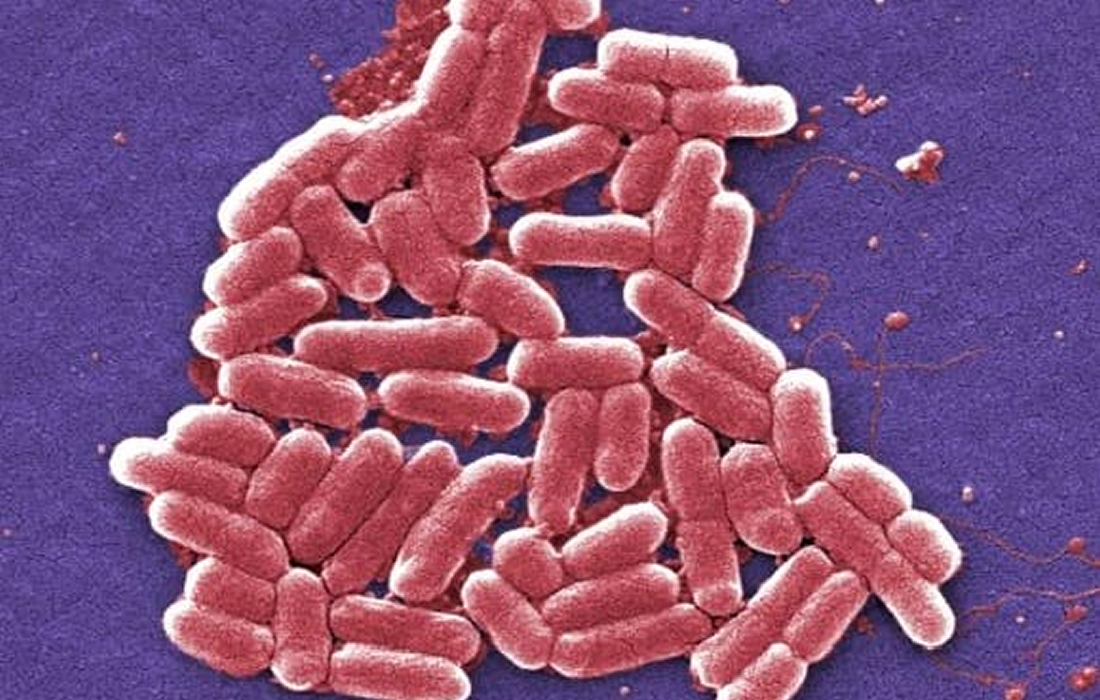Regenerative Medicine News and General Information
Novel Compound Might Help Creating New Antibiotics for Multidrug-resistant Bacteria
An increasing number of infection cases caused by multiresistant Gram-negative bacteria or multidrug-resistant organisms (MDRO) has become a major problem worldwide since there has been a lot of resistance to many classes of antibiotics. Mutant isolates such as fluoroquinolone-resistant and β-lactamase-resistant bacteria have been commonly found, particularly in the intensive care units (ICU).
Colistin or polymyxin E is an old antibiotic, which has been used since 1959 for treating infections caused by gram-negative multidrug-resistant organisms. It was revealed that colistin has side effects of nephrotoxicity and neurotoxicity; therefore, the use of this antibiotic was stopped and it was replaced by other antibiotics which were effective and were considered safer at that time.
For many years health experts have been sounding the alarm about the next phase in humanity’s coexistence with bacteria, a dark future where emerging strains have rendered once-powerful antibiotics useless.
The United Nations projected that, unless new antibiotics are developed, multidrug-resistant infections will cause 10 million annual deaths by 2050.
New Study Results
A new study published in the journal Nature by Rockefeller scientists reported on the discovery of a compound that could potentially outmaneuver colistin resistance. Using an animal model this prospective antibiotic was highly potent against dangerous opportunistic bacteria like Acinetobacter baumanni, which is the most common cause of infections in hospital settings. The findings could make the development of new antibiotics to combat multidrug-resistant infections.
The antibiotic colistin has been used in the livestock industry abundantly, and recently also in the clinic setting, which has caused some species to acquire a new gene called mcr-1 that evades colistin’s toxicity and makes the bacteria resistant to the drug.
The team searched bacterial DNA for the corresponding genes, instead of using traditional methods for antibiotic discovery. They found a new molecule, that they named macolacin.
Then they chemically synthesized this relative of colistin, yielding a novel compound without ever needing to extract it from its natural source.
Macolacin was shown to be effective against several colistin-resistant bacteria, including Neisseria gonorrhoeae. They also tested the medication in mice infected with colistin-resistant XDX Acinetobacter baumanni and found that the mice injected with macolacin completely cleared the infection in 24 hours, while the others showed the same amount of bacteria present during the initial infection.
Source:
Sean F. Brady. (2022, Jan 5). A novel compound might defeat multidrug-resistant bacteria common in hospitals. The Rockefeller University, Science News. Retrieved from:
Loho T, Dharmayanti A. Colistin: an antibiotic and its role in multiresistant Gram-negative infections. Acta Med Indones. 2015 Apr;47(2):157-68. PMID: 26260559.
Image from:

